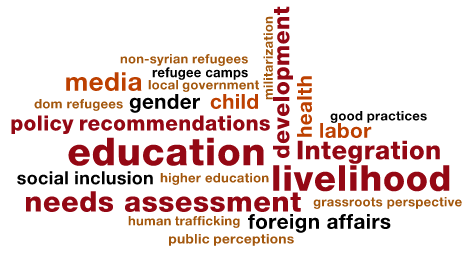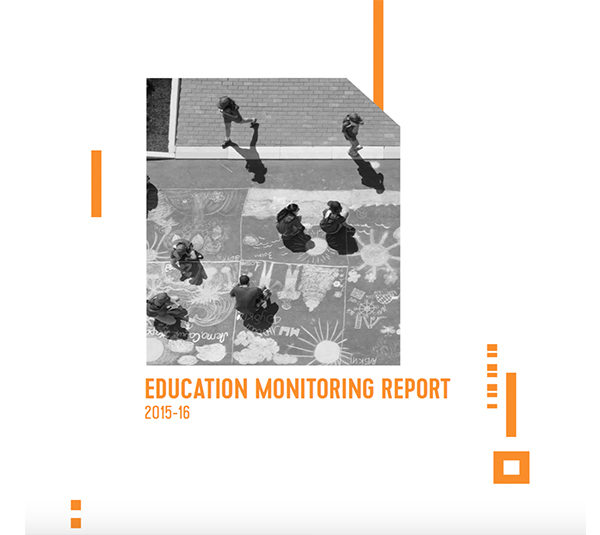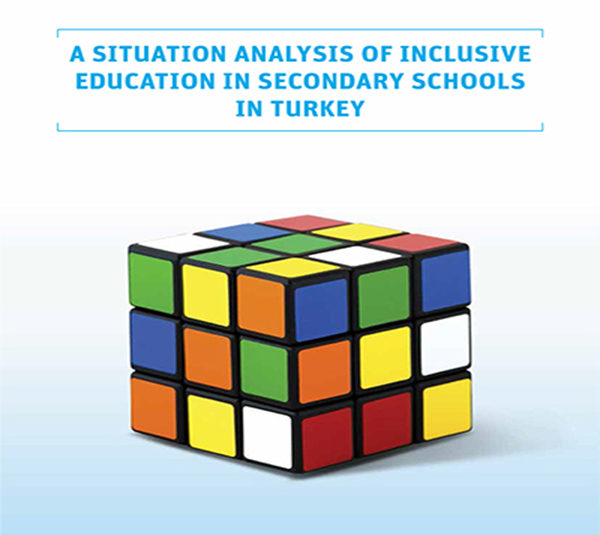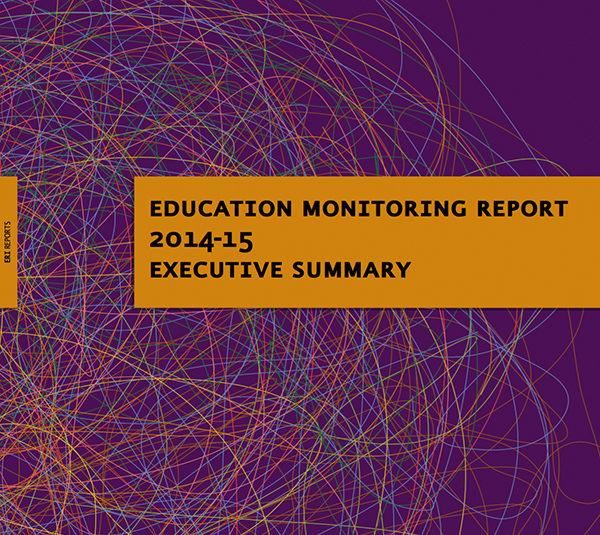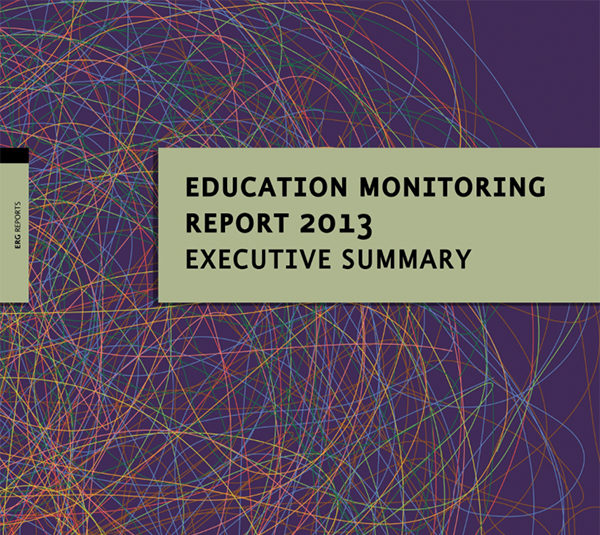Enrollment in Early Childhood Education and Care in Turkey
Education Reform Initiative (ERG), in collaboration with Mother Child Education Foundation (AÇEV) has prepared a study on “Enrollment in Early Childhood Education and Care in Turkey”.In this note, we aimed to show that enrollment in early childhood education and care in Turkey varies by age and type of household. Based on the research findings* that deeply analyzes the parameters of this variation on age basis, we developed policy recommendations regarding different age and target groups.
*2013 Turkey Population and Health Research (TPHR)
Research findings point that there is still low participation in preprimary education in Turkey. On the other hand, it increases when the child’s age and the wealth of the household increases. The most important variables that affect the participation in preprimary education are wealth of the household, level of mother’s education and mother’s employment.

